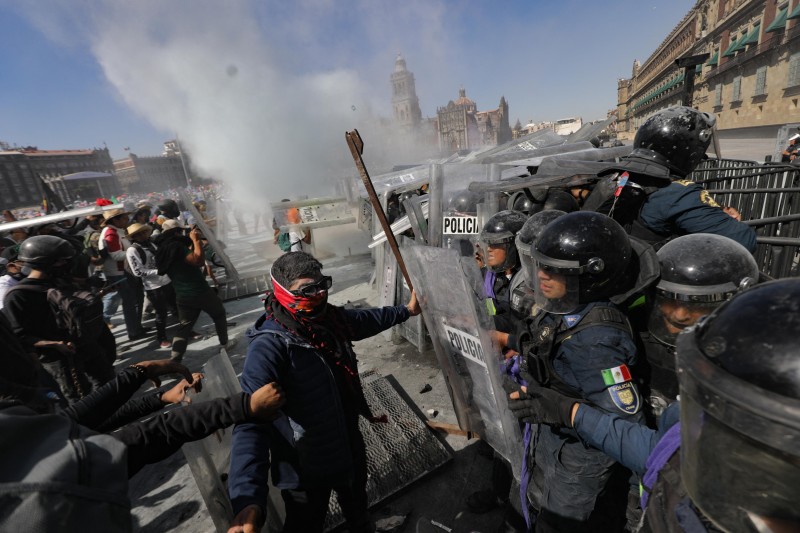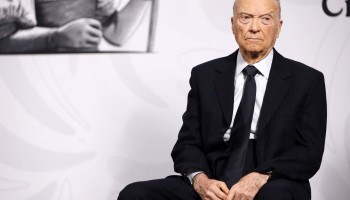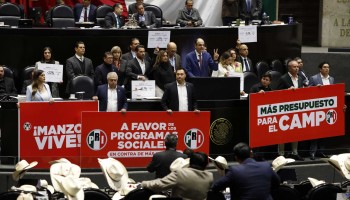Thousands of people marched through Mexico City on Saturday to protest rising cartel violence and government corruption, following the early November murder of anti-crime mayor Carlos Manzo. The protests took place in 50 cities across 30 states, according to local reports.
Wearing sombreros and carrying banners calling for justice for Manzo, demonstrators gathered to commemorate the late mayor, who was killed by a teenager allegedly recruited by the Jalisco New Generation Cartel (CJNG) during a Día de los Muertos celebration on November 1. Manzo, who was mayor of the cartel-dominated city of Uruapan, was known for his hard-line stance on cartels. Prior to his assassination, he had reportedly appealed to the federal and state governments for protection.
The march began peacefully but later erupted into clashes between police and protesters, leaving 120 people injured and resulting in 20 arrests, according to Mexico City security chief Pablo Vázquez. He added that most of the injured were police officers, including 40 who required hospital treatment.
According to local media, the clashes broke out near the National Palace, which had been barricaded. Some protesters reportedly knocked down metal barriers and confronted police guarding the building.
Vázquez also said that the demonstrations had remained peaceful until “hooded individuals began to carry out violent acts,” prompting authorities to increase police presence. He said the group responded by “throwing explosive devices” at officers.
President Claudia Sheinbaum dismissed the size of the protests during an event in Tabasco state on Saturday, saying that “very few young people” had participated and accusing some demonstrators of “violently removing barriers and breaking windows.” She addressed the clashes saying, “We say no to violence.”
The conservative National Action Party (PAN) issued a statement condemning what it called “the state’s violent response against the young demonstrators.” Mexico’s Supreme Court of Justice also denounced the violence against police and the “attempts at unauthorized and violent entry into the building.”
The protests in Mexico are part of a broader global wave of youth-led anti-corruption movements. Beginning in August in Indonesia and Nepal, the demonstrations have since spread to seven other countries—including the Philippines, Morocco, Madagascar, Togo, and Peru—where young people have mobilized against systemic corruption, inequality, and impunity. Despite being organized under the banner of “Gen Z,” Mexico’s protests drew thousands of participants of all ages, not only youth.






